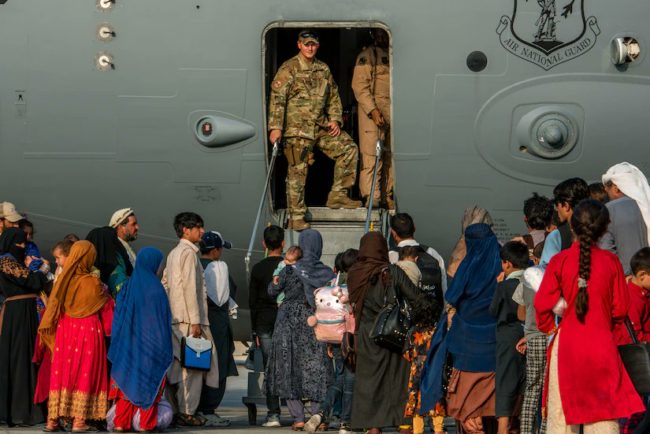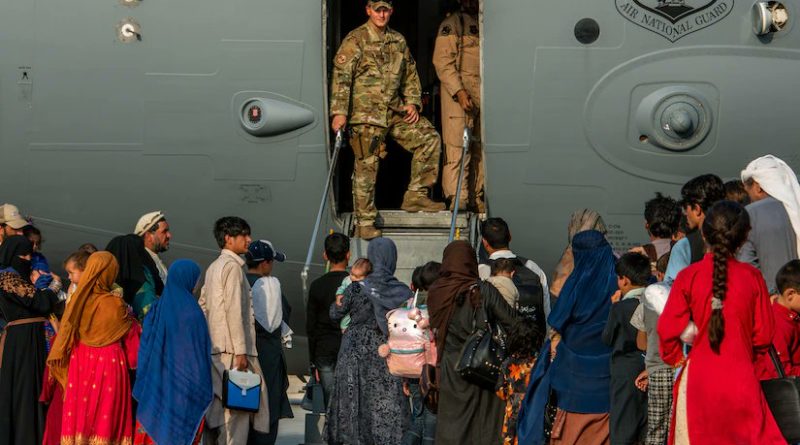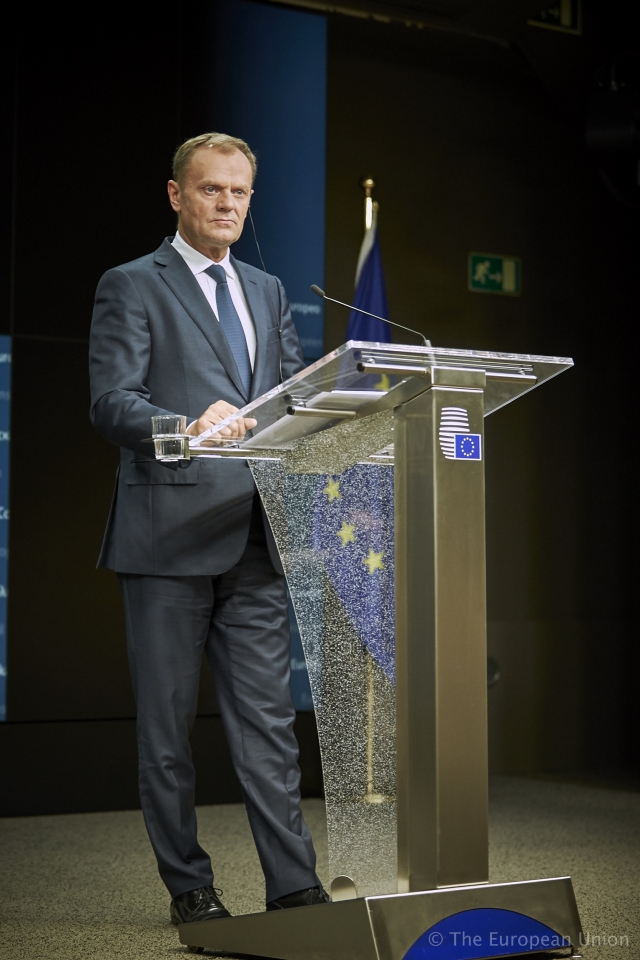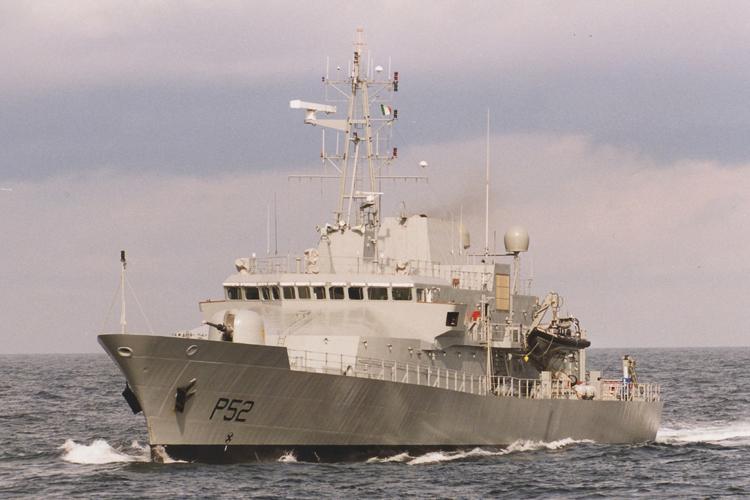NATO's slump during the summer of the Afghan crisis. A hell of a delay in ignition
(B2) Tongues are loosened at the Alliance. And we are beginning to know the reasons for NATO's slump during the month of August and the Afghan crisis.

The Secretary General's long vacation
During the summer, until August 13, there was no meeting of the council of the North Atlantic Alliance (the NAC in the jargon), which brings together the ambassadors of the 30 member countries on a daily basis. For one and only good reason. Jens Stoltenberg, the secretary general, like his deputy, the Romanian Mircea Geoană, were on vacation, in their homes, far from Brussels. They only returned to NATO headquarters at the last moment. However, without the number 1 or the number 2 of the Alliance, no possible meeting of the NAC. Result: this essential cog in the Alliance remained idle until August 13th. And by then it was already too late. Washington had already given the 'la' of the withdrawal.
The ignition delay of ministers
It should come as no surprise then that no meeting of Alliance Defense Ministers was called. Certainly their colleagues from Foreign Affairs will meet (read: Worried NATO ministers beg US to stay longer). But after the battle (August 20!)... And after their counterparts in the European Union (August 17, read: Europe ready to talk to the Taliban to manage the emergency. But sets its conditions). This shows the magnitude of the delay.
Americans in Transition
To this must be added the American absence. There is still no titular American ambassador to the Alliance. Lack of agreement in Washington. The named Julianne Smith has just obtained the approval of the Senate Committee on Foreign Relations, but not yet of the Senate as a whole. This summer, there was therefore no "real boss" at the Alliance. And this absence weighed.
A political failure
No real debate took place in the Alliance on the departure from Afghanistan. Europeans have been informed of the American decision. But there was no real consultation », in the sense of a sharing of information, then of a negotiation. Ditto for the implementation of the withdrawal, which “ was not agreed ". And no one — to our knowledge — has really expressly asked for this debate (including those who complained afterwards). Result : " the acceleration of the calendar was never discussed ».
Result a good big shambles
The Alliance's planning machine then got stuck in the sand. Even for what was obvious. " No list of Afghans who had worked for NATO to evacuate existed! [...] One wonders what the Alliance staff did asks a connoisseur aloud. The HQ in Mons (Shape), led by the American Ted Wolters (deputy: the Briton Tim Radford), which has a well-stocked workforce, was he also on vacation? In any case, the coordination of the operation was done mainly through Whatsapp messages between ministers, if we are to believe the French Minister for the Armed Forces, Florence Parly (read: Either Europe faces up, or Europe fades away).
A politico-military defeat
The result is commensurate: a withdrawal operation which was a success, but a rout in the open countryside for the politico-military machine of the Alliance (1). The reset of the counters as part of the feedback initiated during the defense ministerial on Thursday (October 21) will have to be tough if we want to learn lessons for the future...
(Nicolas Gros-Verheyde)
- By this we mean the strategic level of the Alliance. At the tactical level, coordination worked well according to all the military and political representatives consulted.
View all items from our heading Afghanistan



